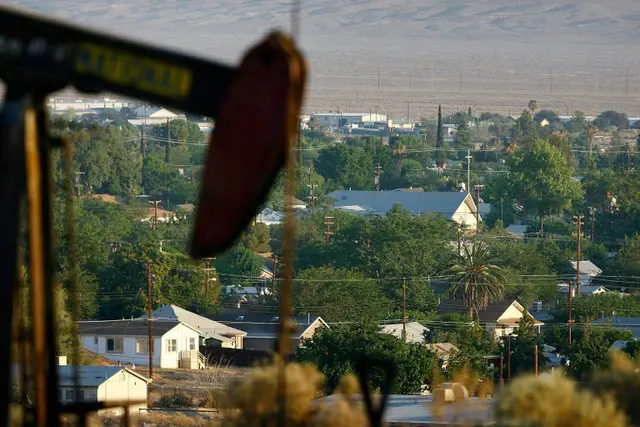Pakistan's new Army Chief, General Raheel Sharif, has assumed his post at a critical time when the country's military is still facing serious security challenges, foremost of which is the possible impact of the situation in neighboring Afghanistan after next year's pullout of NATO forces.
Concerns are fast growing in Pakistan that Afghanistan could slip into another civil war if the Taliban, the United States and Afghanistan fail to reach a peace deal before the 2014 pullout. The Taliban have so far refused to talk to the Karzai administration and the Qatar peace process faces a deadlock.
Analysts pointed out that one major test for the new Pakistani Army chief is how to secure the already volatile tribal regions in case hostilities erupt in Afghanistan with the withdrawal of NATO combat forces. Pakistan has a key role to stop Afghanistan from falling into another civil war like what happened after the Soviets' withdrawal from the country.
The Army and the Pakistani leadership should craft a strategy that would insulate Pakistan from the outbreak of another civil war in Afghanistan if this happens, some analysts said.
If peace in Afghanistan is restored then the Pakistan Army will have to defend its own frontiers to prevent the intrusion into the country of Pakistani Taliban fighters who now operate from Nuristan and Kunar provinces, bordering Pakistan.
The Pakistani Taliban fighters, led by their Afghanistan-based new chief, Maulvi Fazalullah, have routinely carried out attacks inside Pakistan and will remain a major headache for Pakistani forces. As the deadline for NATO withdrawal is fast approaching, the military leadership will have to sit with the civilian leaders to look into the potential repercussions for Pakistan in the post- NATO Afghanistan, the analysts said.
It is widely believed that Pakistan is faced with the problems of terrorism and violent extremism because of over three decades of conflict in Afghanistan.
Internal security will also be the one of the biggest challenges for General Sharif as the Army had been deeply involved in military operations in several tribal regions and the northwestern Swat Valley for nearly 10 years. The armed forces have cleared most of the tribal regions and Swat of the militants. The North Waziristan tribal region still remains a test for the Pakistani Army because of the presence there of the Taliban and other armed groups there.
North Waziristan, which is also in the focus of the U.S. drone attacks, is still under Taliban influence and will remain a problem to deal with as the United States believes the remnants of al-Qaeda and the Taliban use the region for planning attacks across the border into Afghanistan.
Splinter Pakistani Taliban groups routinely launch attacks on convoys of the security forces despite a 2007 peace deal with a powerful Taliban group led by Haifz Gul Bahadar.
The official profile of the new Army chief says he has served as the inspector-general of training and evaluation of the army. he had been widely praised for his "training manuals" and his booklets about dealing with the "low-intensity conflicts" in the country. The new Army chief is also known to have spent a great deal of time preparing the armed forces to effectively deal with internal conflicts and terrorism.
 简体中文
简体中文

